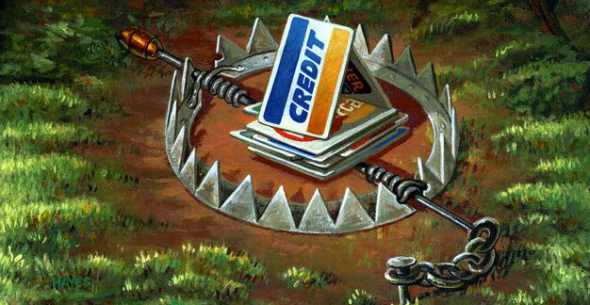
Why You Should Avoid Credit Cards
April 3, 2022
The Benefits And Drawbacks Of Buy-Now-Pay-Later Plans
April 16, 2022Understanding Student Loan Debt Forgiveness in Canada
Many Canadians take out student loans from the federal government, provincial governments, private lenders, and banks to cover college tuition fees. Unfortunately, these loans are often difficult to pay off, sometimes leaving graduates with debt into their 30s. COVID-19 aggravated these difficulties by reducing available jobs. Last year, 355,000 positions in Canada were among the lost jobs, and those lost disproportionately affected younger Canadians.
What Is the Cost of Education in Canada?
According to Statistics Canada, the average cost of undergraduate education in Canada is $6,730 per year. Because of these high costs, Canadian students rely on government grants and loans to help them pay for education. However, government grants and loans are not enough to cover the cost of college education in Canada. The average graduate leaves school with a $28,000 education debt from government loans. The rest is from private loans and lines of credit.
Why Are Student Loans So Difficult to Pay Off?
The main issue is that the cost of college education in Canada increases while the amount of student loans available to students remains the same. The amount of student loans available is often not enough to cover the cost of a college education. Because of the increasing costs of college education, students are forced to take out private loans to cover tuition. The added stress of paying back these loans can cause anxiety, especially when job prospects are limited.
Student Loan Debt Forgiveness in Canada
Student loan debt forgiveness helps relieve the financial burden of student loans. In Canada, student loan forgiveness is available to students experiencing financial issues. For example, if a student faces bankruptcy and cannot make payments on their student loans, the government will forgive their debt.
How Does Forgiveness of Student Loans Work?
The Canadian government has several programs to help relieve student loan debt. One of these is the Canada Student Loan forgiveness program, which is common across all provinces in Canada. This program is available for students who started post-secondary education after August 1, 2000. This program allows students to have their loans forgiven or converted into a non-repayable grant.
How Do I Apply for Student Loan Debt Forgiveness in Canada?
There are no formal guidelines for student loan debt forgiveness in Canada. Instead, loan forgiveness is decided on a case-by-case basis. Borrowers should contact the provincial student loan office if they have trouble making their payments. It is important to remember that these decisions are often made case-by-case because there are no formal guidelines for student loan forgiveness, these decisions are often made case-by-case. Therefore, it is necessary to seek the advice of a financial professional when navigating student loan debt forgiveness in Canada.
What Is the Current Student Loan Debt Relief Policy in Canada?
For the time being, student loan debt is not forgiven in Canada. If a student is unable to pay back their student loan, the Canada Revenue Agency will work with the student to establish a payment plan. Payments are often based on the student’s income.
Conclusion
Because of the increasing cost of college education, Canadians are finding it more difficult to pay back their student loans. If a student has trouble making payments, they should contact their province’s student loan office. Though student loan debt is not forgiven in Canada, students can receive an income-based repayment plan that may help relieve the pressure of student loans.
Debt Helpers provides customized debt solutions for all Canadians. They offer a range of consulting services and debt solutions designed to help clients reach their goal of becoming debt-free. If you need debt consultants in Mississauga, ON, they’ve got you covered! Get in touch with them today!

